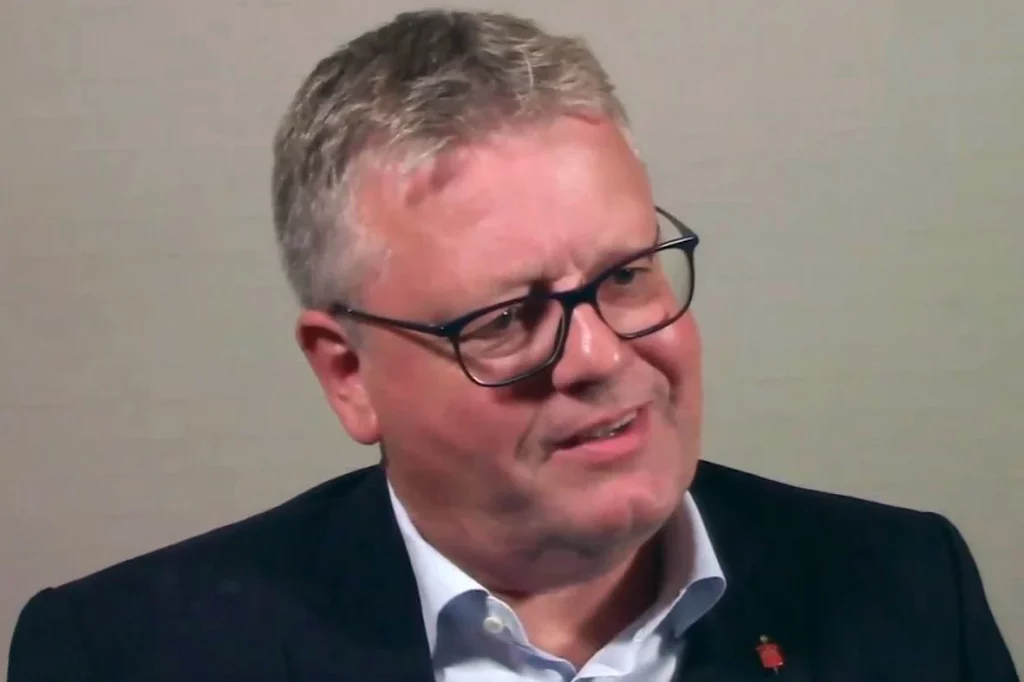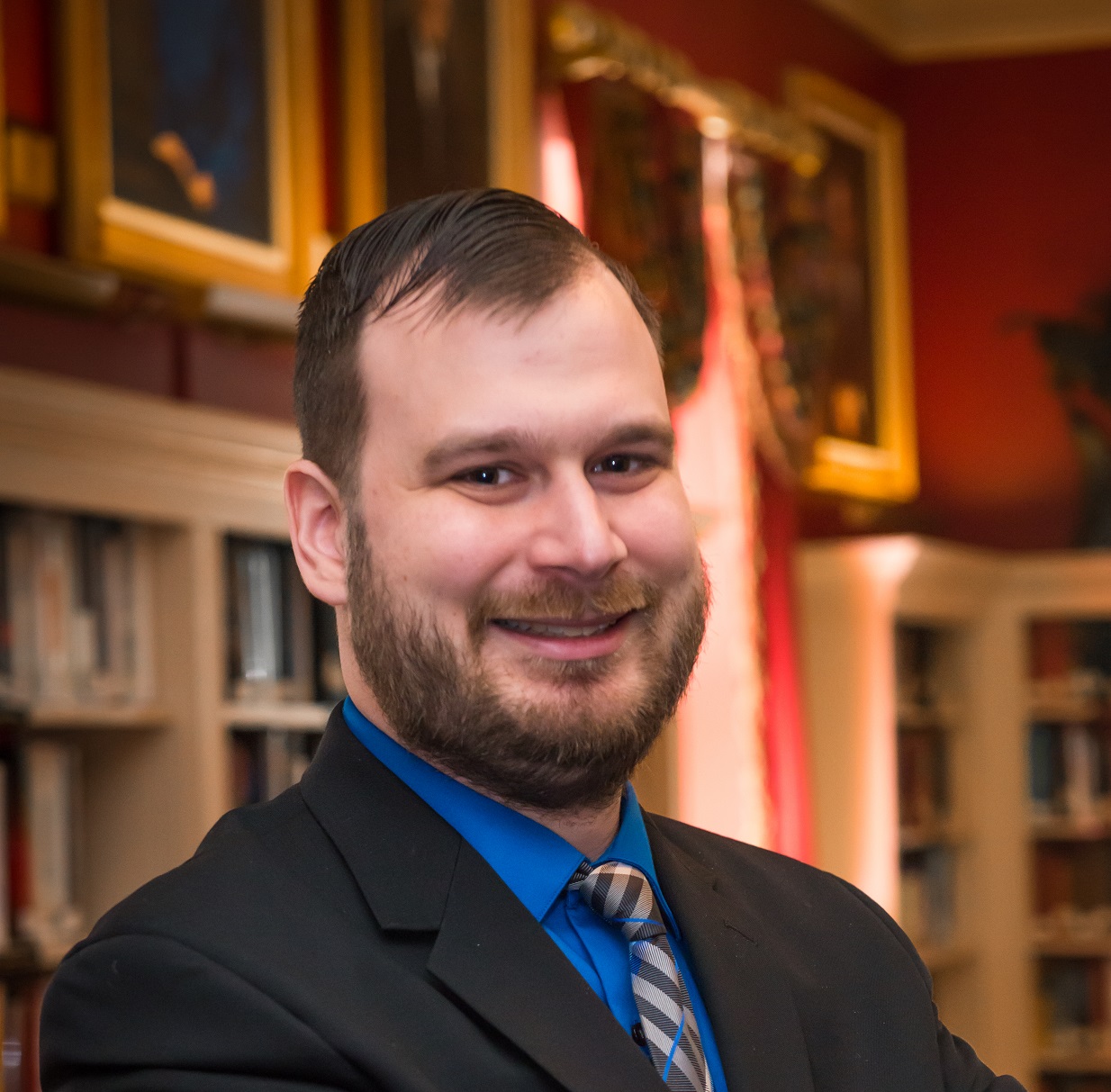We have recently seen many institutionalist liberal officials undermine and openly oppose the “Protocol” separation treaty for the United Methodist Church, including at least half of the surviving non-traditionalist Mediation Team members who actually negotiated the Protocol. When I asked European Bishop Christian Alsted of the Nordic-Baltic Episcopal Area about what he has done to keep his word as a Mediation Team member, he replied by sharing several helpful links about how the United Methodist separation is developing in Europe.
All of this should be understood in a wider context of individual and joint statements by the Protocol Mediation Team bishops.
The United Methodist Church in Europe is organized into three geographically huge central conferences, spanning numerous countries and extending into both North Africa and Central Asia. However, this expansive region only counts about 50,000 total church members.
One of Alsted’s links was to a February 2021 joint statement by Alsted together with Bishops Harald Rückert of Germany and Patrick Streiff of the Central and Southern Europe Central Conference acknowledging that “some sort of separation appears inevitable” and “[e]xpecting the polity of the United Methodist Church with regard to human sexuality to change in the future.” They offered a big-tent vision for post-separation European United Methodism and promised to “exercise our leadership in such a way that those, who choose to remain in the UMC, may continue to express their personal conviction in alignment with the present stance and will not be forced to participate in acts that are against their personal, religious convictions.”
As with similar statements from liberal American bishops, such a big-tent approach can be criticized as theologically unprincipled and pragmatically unworkable, especially after these bishops are replaced by new liberal bishops who have made no such promises.
Another link was to a May 2021 United Methodist News Service report on preparations for denominational separation being done by these three European United Methodist Bishops, together with a fourth Bishop, Eduard Khegay of Moscow. The Russian Khegay is the most theologically conservative, and previously told UMNS he intended to join the Global Methodist Church if the “Protocol” was adopted. Indeed, Bishop Khegay was part of an early 2020 meeting of key traditionalist leaders (including myself and other IRD/UMAction leaders) that established the vision for the Global Methodist Church.
At the time, the traditionalist Good News magazine praised these four European United Methodist bishops’ “stellar leadership example.” Indeed, if more bishops around the world should have followed their example of helping inform and prepare their people for the coming separation, our current situation would likely be much better for all.
One particularly notable part of that UMNS article:
“There is ongoing discussion about ‘renegotiating’ the Protocol, but as European bishops we see this as a dangerous play where there will not be a better solution in the end than the compromise of the Protocol,” the bishops said in the document related to preparations for General Conference.”
If only other bishops had kept that posture.
Then, shortly after this year’s cynical, trust-shattering filibuster of General Conference, the Bulgaria-Romania Conference decided it had had enough and withdrew from the UMC.
Bishop Streiff ruled this motion out of order, but then the conference exercised its proper right to overturn the bishop’s parliamentary ruling. Rather than accept the results of the valid vote, the liberal bishop chose to become extremely heavy-handed in trying to forcibly prevent the conference from proceeding. But the conference members, in consistently unanimous votes, refused to be bullied, and proceeded to adopt their motion to withdraw from the UMC.
The Rev. Daniel Topalski, now presiding elder for this Global Methodist annual conference, offers a fascinating first-hand account of how they did this.
Another link Alsted shared was a joint “Open Letter to the Wesleyan Covenant Association” from three United Methodist bishops in Europe—himself, Streiff, and Rückert (but not Khegay)—expressing their disappointment at WCA leaders celebrating the Bulgaria-Romania Conference’s move. They contrasted these actions and WCA leaders’ applause with their own claims to “have been respectful and fair.” In fact, Rückert’s then-recent treatment of evangelical caucuses was anything but respectful, honest, or fair.
It’s not clear why these bishops were so upset. They claimed that that annual conference’s actions somehow violated church law, but at that time, that was very much an open question. After all, the UMC’s Judicial Council had already ruled, “An annual conference has the right to vote to withdraw from The United Methodist Church.” In that context, the clearest violation was by Streiff, when he unilaterally claimed for himself the non-existent authority to filibuster a legislative action he disliked by falsely claiming it was a question of law to be referred to the Judicial Council.
Discipline ¶572 theoretically offers an alternative pathway for non-U.S. annual conferences to withdraw. But this requires a lengthy process of multiple levels of approval, including by, among others, the General Conference (whenever that meets next) and the Standing Committee on Central Conference Matters. Most members of the latter are named by the increasingly institutionalist-liberal Council of Bishops.
Given the trend of bishops sabotaging any ability for entire annual conferences to continue into the GMC and increasingly closing off legal options for separation, GMC-minded United Methodist conferences, in Europe and elsewhere outside of America, have diminishingly little reason to firmly trust they will ever actually be able to use ¶572. Specifically, the Bulgarians and Romanians certainly had no good reason to trust that they would ever again have another chance to move as an entire annual conference.
Another link Alsted shared was to the Central Conference Council report to this year’s sessions all of the annual conferences in the United Methodist Church’s Northern Europe and Eurasia Central Conference. This document reported that even with the blocking of General Conference this year, “The four European bishops are working collaboratively to describe processes and to guide conferences, local churches and clergy that seek to disaffiliate.”
As for those 2021 plans mentioned above, this Central Conference Council report has this to say:
“The four European bishops continue to meet frequently to discuss the development in the denomination and in the central conferences. We have ongoing conversations thinking proactively about the future development of European United Methodism, which may include the re-drawing of the map of European United Methodism. Since the spring of 2021 each of the three European Central Conference executive committees in all their regular meetings have met with all four bishops to listen to reports about the situation and the developments in each episcopal area.
“As the proposed legislation for “The Protocol of Reconciliation and Peace through Separation” will not be dealt with until the postponed general conference in 2024, we have decided to temporarily put the previously developed documents on the implications of the protocol on hold.
“Decisions on disaffiliation made in annual conferences and in local churches in Europe may necessitate the formation of a Europe wide taskforce to study and make proposals for the future organization of the United Methodist Church in Europe, including its central conference structure, and its episcopal supervision.”
The inclusion of Bishop Khegay, indicated by the repeated references to all four European bishops, is rather significant, given the uniqueness of his GMC friendliness and other tensions.
Another link was to Bishop Alsted’s report to the 2022 sessions of all of the annual conferences that he oversees. In one relevant section, he declares:
“We may experience disaffiliation in the Nordic and Baltic area, as some local churches, clergy and even districts or annual conferences may decide to depart from the United Methodist Church to unite with another denomination. Nevertheless, we are still Christian brothers and sister, we are still fellow Methodists, and our witness to the world around and to future generations will be determined by the love and respect for each other, we will be able to show in process and afterwards.
…
I respect those who may choose to disaffiliate, and I am committed to help each of our clergy, local church and conferences to move into a situation, where they engage in Christ’s mission and live with integrity. This implies that within the bounds of the discipline, I will do my utmost to ensure the necessary processes are as smooth and easy as possible.
Part of my commitment is to meet with of the local churches and each of the clergy that wish disaffiliate before they make their decision, this is to give the opportunity to answer any questions they might have to the bishop, as well as to ensure that they are a well informed of the process and the implications of disaffiliation.”
His words are welcome, particularly his acknowledgment that entire districts and annual conferences may separate.
But it remains to be seen how fair the implementation will be on several details, in and beyond his United Methodist area in Europe:
- In June, the Estonia Annual Conference, which previously expressed a traditionalist position, began a process to leave the denomination(see here and here), though not necessarily to join the GMC. Will Alsted fairly let this process continue to the end?
- The Norway Annual Conference adopted resolutions affirming liberal values on sexuality while calling for a process to allow dissenting conservative congregations to disaffiliate by 2025. However, the cabinet report delivered to the 2022 Norway Annual Conference session called for such a process to only let congregations disaffiliate (to maintain orthodox standards) by a 2/3 supermajority congregational vote. While this is better than no disaffiliation process, such blatant rigging of votes to allow the liberal side to “win” with a mere 34-percent minority has proven to be very harmful for congregations with a clear majority that falls short of 67 percent. This is consistent with other liberal efforts, frankly driven by greed, to make it needlessly difficult for orthodox congregations to separate from the UMC’s liberal new direction. But it is inconsistent with how the Protocol, which Alsted helped negotiate, would have allowed congregations to make their decisions by a simple majority. Will the more reasonable, Golden-Rule values of the Protocol prevail in Norway, or those of liberal officials continually moving the goalposts?
- What similar, or potentially less punitive, processes to those in Estonia or Norway will emerge elsewhere for United Methodists in Europe?
- How reasonable and non-punitive will the other United Methodist European bishops be in allowing separation of congregations as well as districts and conferences to move forward without further injustices, filibusters, or goalpost-moving? Will Alsted, as a Protocol Mediation Team member, do much to persuade his colleagues towards grace over greed? For example, in the Czechia-Slovakia Annual Conference led by Streiff, it is reportedly likely that the Slovak district will likely want to transfer into the GMC, though questions remain and no firm decisions have been made.
Time will tell.






Comment by John67 on September 6, 2022 at 7:03 am
Churches face division or subversion.
The university of the Evangelical Covenant Church recently eliminated its Christian Studies Department. Think about that.
See https://www.firstthings.com/web-exclusives/2022/09/the-cancellation-of-dr-nassif
Thanks for this blog, John.
Comment by Nick R. on September 7, 2022 at 1:27 am
I provided quotes from Martin Luther and John Wesley on sodomy for the website of supposedly conservative Fellowship Association within the very liberal German Methodist Church. They were posted! After two months, however, the quotes disappeared. I wrote to the leaders of the Association and asked why Luther and Wesley had been cancelled. I was told I would be provided with a response. That was a very long time ago and I am not holding my breath. That will be part of our Orwellian future: Self-censorship of those who know better. As Richard John Neuhaus’s eponymous law states: “Where orthodoxy is optional, orthodoxy will sooner or later be proscribed. “ sometimes by the orthodox themselves, apparently.